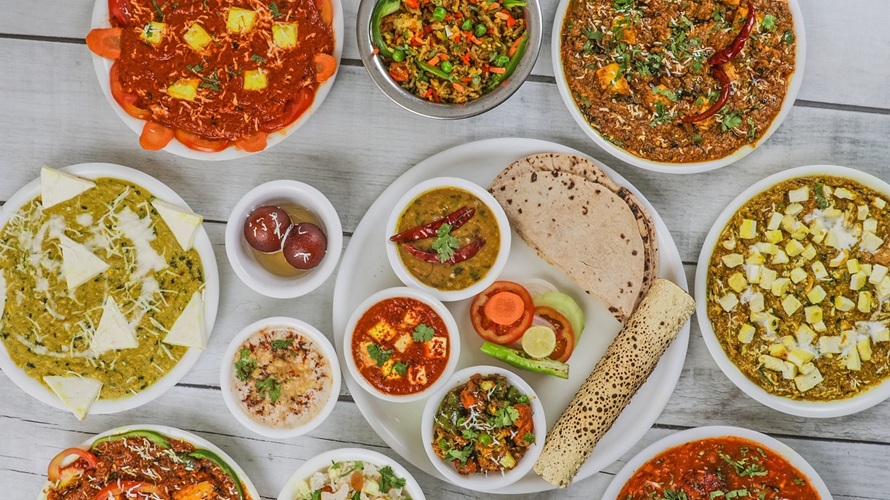As Navratri begins (September 22–October 2), many devotees observe day-long fasts, breaking them only at night with substantial meals. Health experts caution that this pattern could strain the digestive system and slow metabolism.
Typically, devotees consume fruits during the day and later eat foods such as sabudana-aloo khichdi, singhare ka halwa, bottle gourd, pumpkin, milk, yogurt, or paneer at night.
According to specialists, such heavy meals after prolonged fasting can lead to indigestion, acidity, and a feeling of stomach heaviness.
“Fasting for nine days and eating large meals at night puts pressure on the digestive system,” said Divya Malik, senior consultant, Department of Dietetics and Nutrition, Apollo Spectra Hospital, Delhi.
“Metabolism can slow down because the body struggles to burn calories efficiently after a long period without food. Light, balanced meals and adequate water intake are essential to support digestion and overall health.”
Experts also highlight that insufficient protein intake during fasting can increase body fat and cause long-term health issues. Working women, in particular, may find it challenging to maintain energy levels throughout the day.
Phoolwati, an e-rickshaw driver from Patparganj, Delhi, shared, “I fast for nine days and chant Mata Rani’s name repeatedly. Even without water, I manage to drive. In the evening, I perform puja and eat whatever is offered to Mata Rani.”
Sunita Bhardwaj, a teacher from Mayur Vihar, said, “I eat a banana or apple during the day because mornings are hectic with school and household duties. After the evening aarti, I eat sabudana khichdi.”
ALSO READ: Meghalaya government orders fresh inspection after 4,000 MT of coal goes missing
Similarly, Anjali Tiwari, a private bank employee, admitted, “Maintaining a healthy diet is difficult with a busy schedule. Weakness sets in, but I fast all nine days.”
Doctors warn that skipping a balanced diet can lead to deficiencies in protein, iron, and calcium, resulting in weakness, dizziness, and bone pain.
Khushboo Singh, a dietician at Noida District Hospital, advised, “Start the day with warm water and curry leaves, followed by light fruits and nuts.
Meals during lunch, evening, and dinner should also be moderate and easy to digest to maintain both health and religious observance.”















